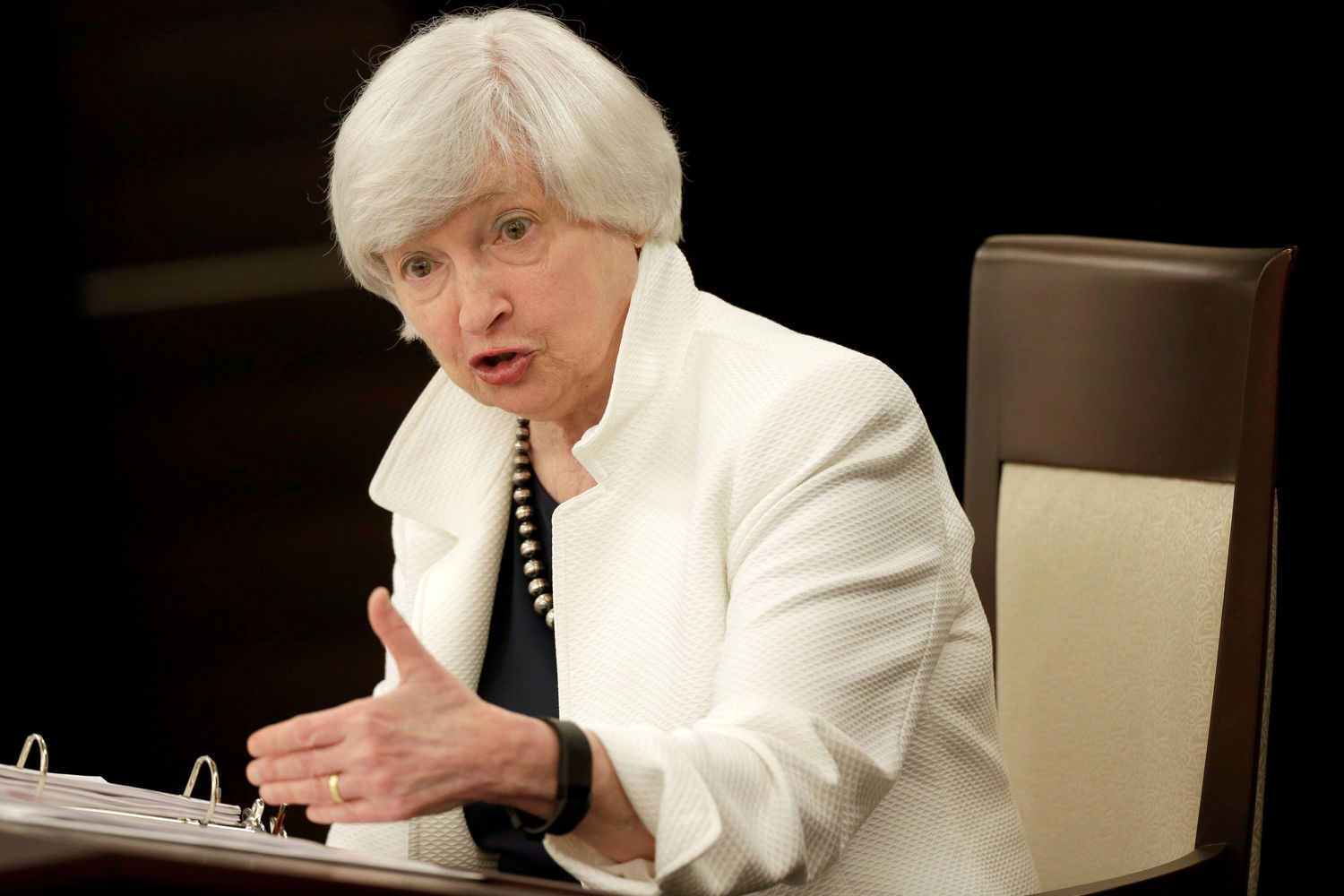Rising inflation is still not affecting Treasury yields, reflecting a different approach by US policy-makers compared to China
(AF) The US consumer price index rose by its fastest rate since 2008 according to data released on Thursday June 10, but Treasuries saw little initial reaction, with the benchmark 10-year yield holding at 1.50%. Treasury Secretary Janet Yellen and Federal Reserve head Jerome Powell are currently convincing markets that inflation is not a threat, in a stark contrast to concerted action by Chinese authorities.
This divergence sets the scene for dramatic price moves if the consensus that US authorities can hold down Treasury yields starts to erode. The search for inflation hedges in other markets such as gold, more widely used commodities like copper, or cryptocurrencies including bitcoin will also be sharpened by the US data.
The US Labor Department said the consumer price index increased 0.6% last month after increasing by 0.8% in April, which was the largest gain since June 2009.
In the 12 months through May, the CPI accelerated 5%. That was the biggest year-on-year increase since August 2008, and followed a 4.2% rise in April.
The jump partly reflected the weak readings seen last year as the pandemic affected prices. These so-called base effects are expected to level off in June.
Economists had forecast the CPI rising 0.4% in May and 4.7% year-on-year.
Inflation could get a further boost from employers raising wages as they compete for workers, despite US employment still holding at 7.6 million jobs below its peak in February 2020 just before the impact of the pandemic was felt. US wages increased by 0.5% in May, with substantial gains in the leisure and hospitality sector.
Treasury yields rose slightly after the CPI data were released but the move was not pronounced and dealers will now look to the Federal Reserve monetary committee meeting starting next week on June 15 for guidance.
Fed chair Jerome Powell and Treasury Secretary Janet Yellen (herself a former head of the Fed) have so far been successful in convincing markets that the current rise in inflation is likely to be transitory and there is no need to begin tapering support for the Treasury market and discussing potential rate hikes.
The European Central Bank echoed this line earlier on Thursday June 10 by pledging more support for euro debt.
The Yellen/Powell approach has kept the benchmark 10-year Treasury yield well below the 1.72% peak it hit in the first quarter of this year and far from the move towards 2% that some analysts had expected.
China: more aggressive approach
Chinese authorities are taking a more aggressive approach to signs of inflation.
China is considering a cap on the price of coal as it anticipates surging energy demand to push up costs in the summer, and may introduce price curbs on other markets, according to multiple reports this week.
The consideration of price controls to help combat inflationary pressure came after Chinese factory gate prices for May rose at the fastest pace in over 12 years, driven by rising commodity prices.
Chinese authorities face difficult choices, as any moves to protect consumers from the effects of inflation also risk eroding margins for local companies, and distorting prices for key commodities.
China is also playing a role in undermining the value of bitcoin and other cryptocurrencies as an inflation hedge.
Reports that China will further tighten regulation of cryptocurrencies by enforcing restrictions on related financial services, and cracking down on bitcoin mining, have been a key factor in the recent price slump for key digital tokens.
Bitcoin rose to around $38,000 soon after the US CPI number was released, but its sharp fall in recent months from a peak of roughly $64,000 has come during a period when concern about global inflation has been mounting.
This undermines the case for its use as an inflation hedge.
























